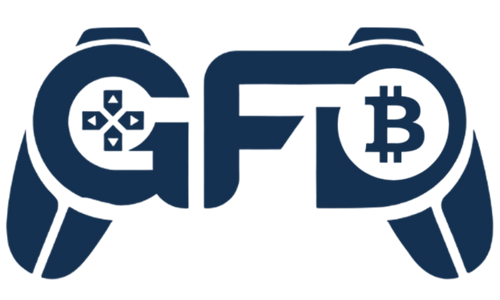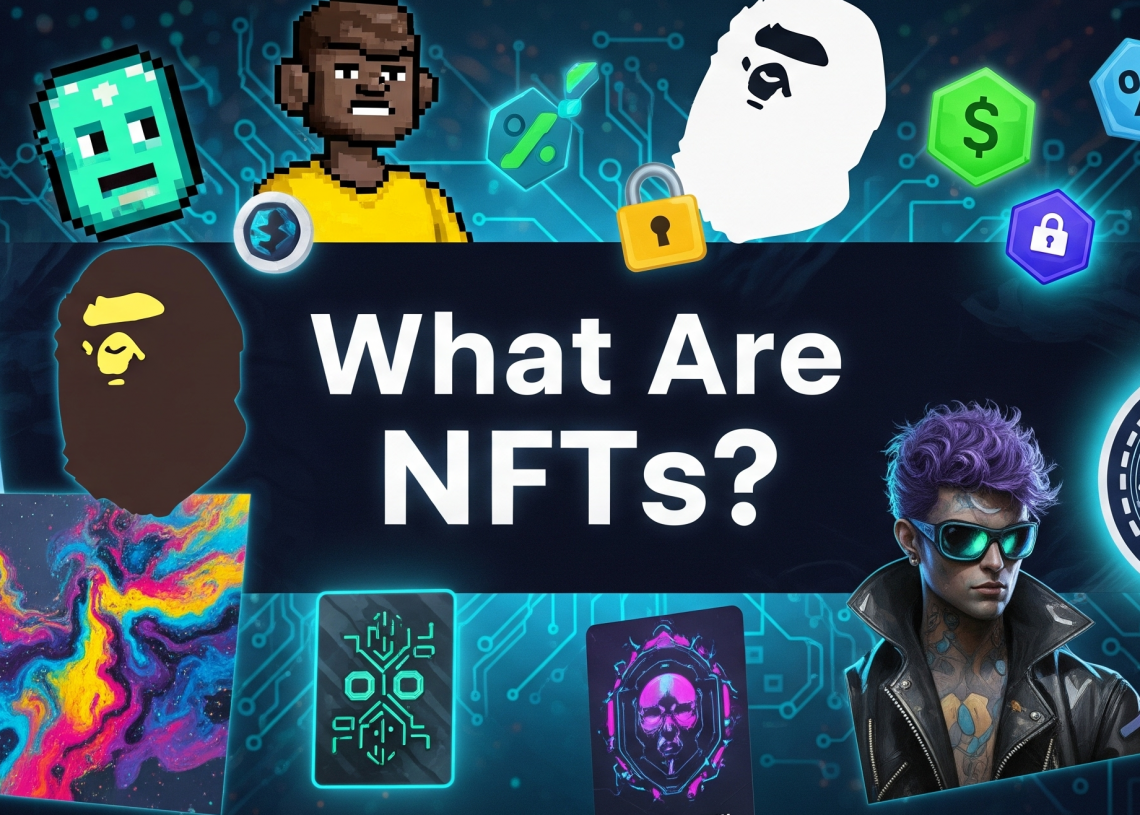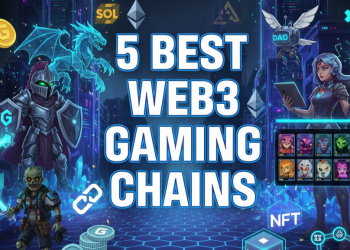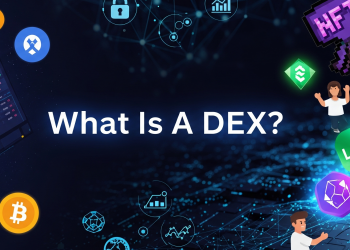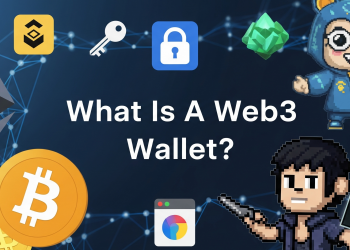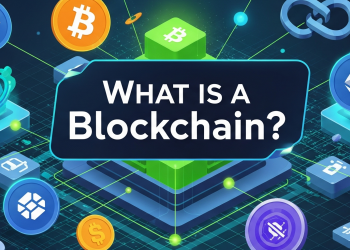Non-fungible tokens (NFTs) are digital assets that represent ownership of items on a blockchain. Unlike cryptocurrencies such as Bitcoin or Ethereum, which are interchangeable, each NFT carries distinct information that makes it one of a kind.
Why NFTs Matter
NFTs are changing how we think about ownership, digital identity, and value. They enable creators, gamers, and collectors to exchange one-of-a-kind digital assets without relying on third parties or platforms.
When it first appeared, the main idea was for profile pictures (PFPs) and digital collections. Web3 gaming then adopted it. CryptoKitties was one of the first projects that used NFTs as unique game characters and later influenced games like Axie Infinity. Today, it has evolved even further. Players can now earn them as rewards for participating in games, making them both collectible and functional.
Core Elements
At their core, NFTs have features that make them distinct from other digital assets. These elements give them their uniqueness and utility:
- Non-Fungibility – Because no two assets share the same traits, each remains unique and no one can exchange it for an identical NFT 1:1.
- Blockchain Proof – Ownership, history, and authenticity are permanently recorded on a blockchain.
- Scarcity & Rarity – Supply can be intentionally limited, which often increases demand.
- Interoperability – Assets can be transferred across wallets, marketplaces, and even different games or platforms.
NFTs are also evolving. You can upgrade an NFT (for example, level up a character) or merge it with other NFTs to create a completely new asset. Such features make them more engaging and less static than traditional collectibles.
How Are NFTs Used?
- Web3 Gaming – Characters, weapons, skins, and land in blockchain-based games. Players own, trade, and even earn from them.
- Art & Collectibles – Digital art pieces and PFP projects
- Music & Media – Musicians and creators sell exclusive albums, videos, or passes.
- Identity & Access – Used as proof of membership, event tickets, or digital identity in the metaverse.
- Real World Assets (RWA) – Some NFTs tie directly to physical items. For example, Courtyard offers trading cards as NFTs and lets holders redeem them for real-world collectibles.
- Virtual Real Estate – Plots of land and structures in online worlds like Decentraland or The Sandbox.
NFTs in GameFi
GameFi is one of the fastest-growing NFT use cases. NFTs revolutionize the gaming industry by simply converting in-game items into digital assets that players can fully own.
- Characters & Heroes – Players mint playable avatars, making them tradable or rentable across different marketplaces.
- Weapons & Gear – Rare equipment or cosmetic skins
- Land & Buildings – Players can buy, sell, or upgrade plots and structures tied to it.
- NFT Rewards – most games issue NFTs as rewards for various achievements, missions, or tournaments, so even free-to-play users can get hold of them.
NFTs bring transparency and long-term value into gaming economies, which gives players full authority over their in-game items.
Risks of NFTs
NFTs carry risks that players and collectors should be aware of:
- Market Volatility – Prices can rise or crash quickly.
- Speculation – People value many NFTs based on hype rather than utility.
- Scams & Security – Fake projects or phishing can cause losses.
Always research before buying or investing.
Final Thoughts
NFTs are simply not only digital art, but they represent the future of digital ownership in Web3, providing use cases in different fields such as arts, music, real-world assets, and gaming. The NFTs in GameFi enable the creation of a whole new economic system where players can trade items with real value or receive them as a reward.
Understanding NFTs gives you insight into why they’re reshaping the future of gaming and digital ownership.
FAQs
Are NFTs just JPEGs?
No. It is proof of ownership on a blockchain. The proof links directly to the media (image, video, or file).
Can NFTs be copied?
You can duplicate the file, but only one person owns the verified NFT on-chain.
Do I need crypto to buy NFTs?
Not always. You can buy many NFTs with crypto, but some games let you earn them as rewards even when you play for free.
How are NFTs different in GameFi?
In GameFi, NFTs aren’t just collectibles; they unlock utility like access, upgrades, and even rewards.

